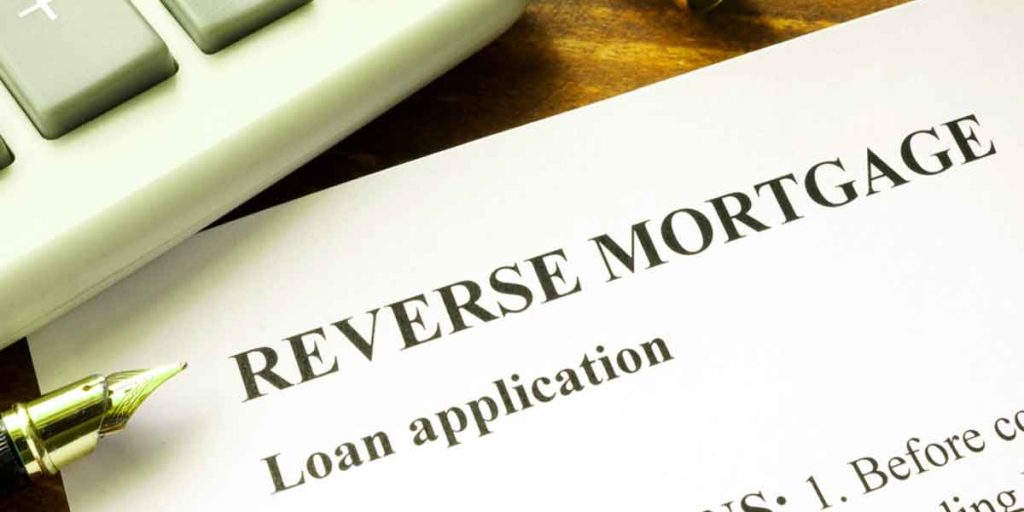Reverse Mortgage can be very beneficial financially to seniors. However, if you are considering opting for this strategy, you should know that reverse mortgage can affect your estate planning in a number of ways.
First of all, to be eligible for reverse mortgage, you must be up to 62 years of age. You must also be the owner of the home or have substantial equity in it because that will be the ultimate value of the reverse mortgage loan. You will then receive monthly payment, a line of credit, or a lump sum amount as proceeds of the loan.
You as the homeowner would be the one receiving payments but the reverse mortgage remains a loan and you are a borrower. Your lender will therefore require payment back. And you pay back your loan (the funds you have been receiving) by:
- Giving up ownership of the property through title transfer to the lender
- Selling the property
- Passing away and leaving the property in the lender’s possession.
How reverse mortgage affects estate planning
Now, before applying for reverse mortgage, consider whether you would want to leave the property for a loved one. If you want that, then reverse mortgage may not be the best choice because your heirs may face some challenges later. Of course, they can retain the home, but they must first have to pay off the loan or refinance the mortgage on it. If not, they would have to sell the home or hand over ownership of it to your lender in order to pay off your debt.
However, if there’s any remaining equity in excess of the loan when they sell, the value goes to the heirs. This doesn’t always happen because the sale needs to be quick and they may end up selling for less than the fair market value. Regardless, they would not have to pay any balance if they sell for less than the loan amount. This is because reverse mortgage is a form of a non-recourse loan.
In essence, the home’s value will not be included in the borrower’s estate if there’s reverse mortgage.
Furthermore, you should consider if you would be moving to a nursing home or other shelter for your long term care. Moving out of your home on reverse mortgage triggers a repayment of the loan. That is, you would be required to pay back the reverse mortgage loan when you move out of the property. And it becomes a problem if you lack sufficient funds to settle the full amount of the loan. And you typically cannot receive reverse mortgage on a property that’s not your primary residence.
But there are some ways you can help mitigate the challenges your heirs may face due to a reverse mortgage.
· Life insurance
You can take out life insurance using the funds you receive from the mortgage payment. You can then name the beneficiary of the home also as the beneficiary of the life insurance so that they can use the proceeds to pay off the loan.
· Gifting
Another way to carry your estate planning along with reverse mortgage is to gift the funds you receive to your loved ones during your lifetime. With this method, however, you can no longer use the funds for your retirement expenses, which is the primary objective of reverse mortgage.
Get help
The best way to ensure you do not make choices that have seriously affect your estate plan negatively, seek assistance from an estate planning attorney near you. Our NY Brooklyn estate planning lawyers are available to give you all the help you need. Your first consultation is free.
Some benefits of reverse mortgage
· You remain the owner and resident in your home
With reverse mortgage, you do not have to move out of the home. This is one reason it is far much better than selling. When you sell, you have to seek another shelter and buy or pay rent. But with reverse mortgage, you get the precious opportunity to age in your own home until death without hassles.
· You get funds to aid life in retirement
Many senior citizens face the problem of diminished assets due to the ongoing monthly payment of their mortgage. This is a huge expense for most seniors. But with reverse mortgage, you no longer have to worry about paying; instead you receive funds to supplement your income.
· The income is tax-free
Income you receive from your reverse mortgage is tax-free because the IRS regards the money as loan proceeds. Nevertheless, the interest on reverse mortgage will not be deducted until you pay off the loan in full (by selling or when you pass away). Tax rules can get really complex so it’s always advisable to consult a financial expert before putting both feet into reverse mortgage.
· You don’t get to pay back beyond the property’s value
The balance of a reverse mortgage typically increases over time and can grow beyond the fair market value of your home. But not to worry; you are never expected to pay anything exceeding the property’s equity value because a reverse mortgage is a non-recourse financing. You and your survivors are therefore protected against any claims resulting from a loan balance exceeding your home’s value.
Planning your estate? Our estate planning attorneys can help you put the right strategies in place that offer you the best benefits. Give us a call.









